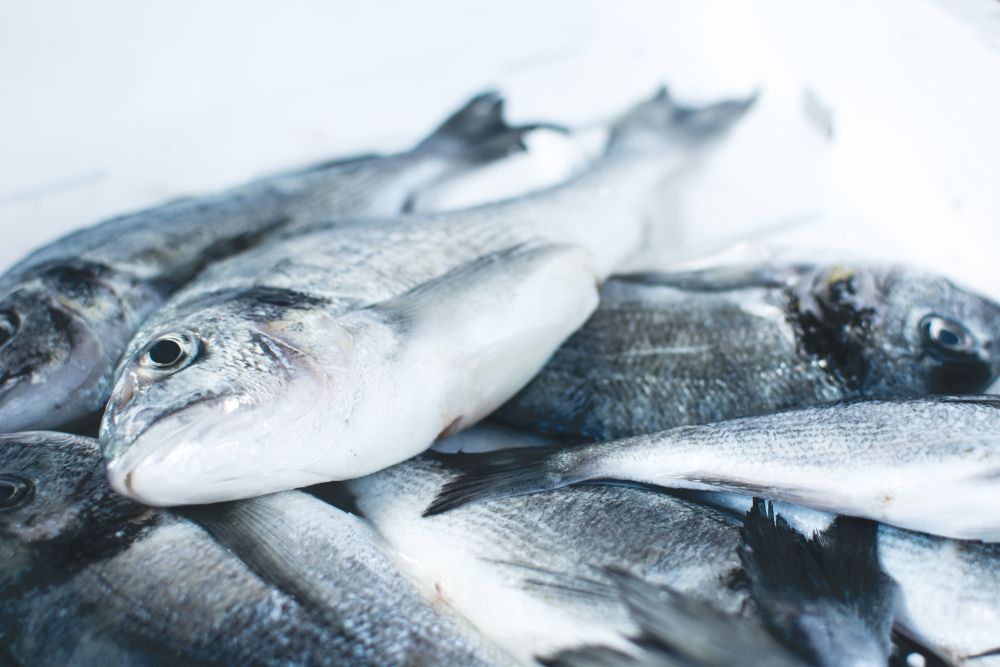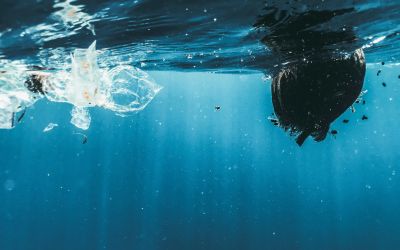UK energy company launches ‘vegan electricity tariff’
Ecotricity has launched the world’s first vegan electricity tariff in a bid to highlight the use of animal products within the industry.

Ecotricity has launched the world’s first vegan electricity tariff in a bid to highlight the use of animal products within the energy industry.
The green energy company, based in the west of England, accused large corporates, and sustainable companies, of using a “secret ingredient” in the course of powering the nation’s homes and businesses.
“The practice of using animal by-products and even dead animals to make electricity and gas in Britain is widespread,” the company said in a statement.
Ecotricity cites the admission from SSE last year that it had used dead salmon in its supply chain. The fish were used in Scottish bio plants which turn organic waste into a gas which is then burned to generate electricity.
Dale Vince, founder of Ecotricity, said: “For millions of Britons there’s a secret ingredient in their power, energy companies big, small, brown and green are using the by-products of factory farming to make electricity and gas. That’s not against the law, but it shouldn’t be a secret, any more than the ingredients in the food we buy should be secret - energy suppliers need to come clean. We need clear labelling of energy sourcing so that people can make informed choices.”
Ecotricity claims to have had a longstanding policy of not buying energy which comes from animal sources. Their new tariff launched this week comes with registration from The Vegan Society to make it certified and clearer.
However, the trade body for the biogas industry, ADBA, hit back against the accusations. Its chief executive argued that the anaerobic digestion industry is, in fact, providing a valuable recycling service.
“In the same way as recyclers of other materials such as paper, metal, or glass, anaerobic digestion is offering a solution to a problem we all create,” said Charlotte Morgan, in a press statement.
“In an ideal world, there would be no need for our industry. But where these wastes are produced - and they are, in huge quantities - it's critical that they are recycled through anaerobic digestion – which gets by far the most out of them compared to other waste treatment technologies - into renewable energy and soil-restoring biofertiliser rather than left wasted and untreated to release climate-change-inducing methane into the atmosphere.”






